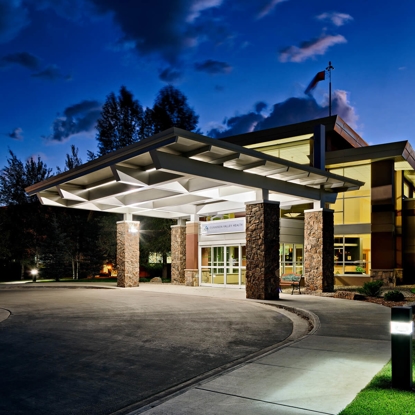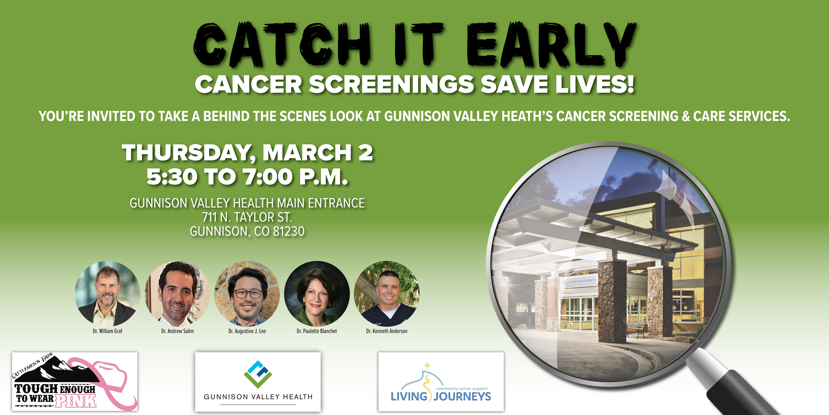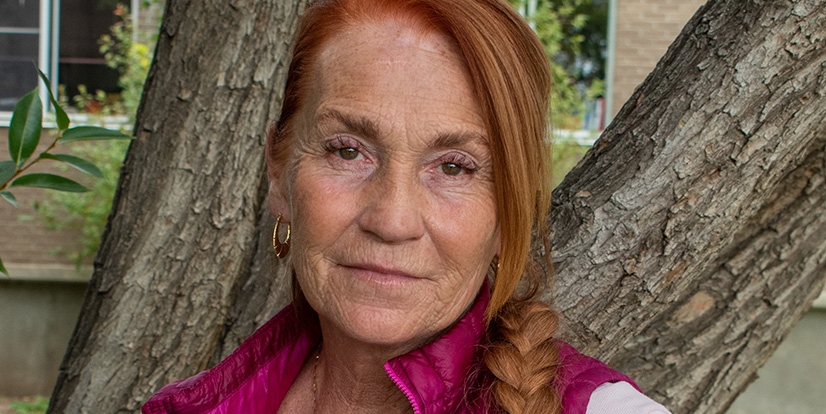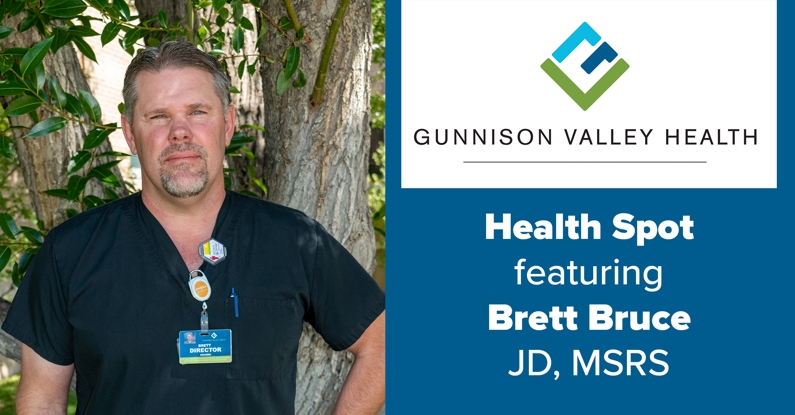The Difference Between CT and CTA Scans
Computed tomography (CT) scan is a type of x-ray that uses a computer to take cross-sectional images of your body. Computed tomography angiography (CTA) combines a CT scan with a special dye or contrast material to produce pictures of blood vessels and tissues in a section of your body.
Computed Tomography (CT) Scan
Computed tomography (CT) scan is a diagnostic imaging test that combines a series of x-ray images taken from different angles and uses computer processing to create detailed images of internal organs, bones, soft tissue and blood vessels. The cross-sectional images generated during a CT scan provide more detailed information than a normal X-ray.
A CT scan is fast, painless, noninvasive and accurate. In emergency cases, it can reveal internal injuries and bleeding quickly enough to help save lives. Your physician may recommend a CT scan to help:
- Diagnose muscle and bone disorders, such as bone tumors and fractures
- Pinpoint the location of a tumor, infection or blood clot
- Guide procedures such as surgery, biopsy and radiation therapy
- Detect and monitor diseases and conditions such as cancer, heart disease, lung nodules and liver masses
- Monitor the effectiveness of certain treatments, such as cancer treatment
- Detect internal injuries and internal bleeding
Computed Tomography Angiography (CTA) Scan
Computed Tomography Angiography (CTA) uses an injection of contrast material into your blood vessels and CT scanning to help diagnose and evaluate blood vessel disease or related conditions, such as aneurysms or blockages. When a contrast material is introduced to the bloodstream during the procedure, it clearly defines the blood vessels being examined by making them appear bright white.
Your physician may recommend a CTA scan if you have an abnormality that involves the blood vessels of your brain, heart, lungs, kidneys or other parts of your body. Some reasons to have a CTA include:
- To find an aneurysm or forms of plaque in the walls of arteries
- Abnormal blood vessel formations inside your brain
- Identify blood vessels damaged by injury, tumors or find blood clots
How to Prepare for a CT or CTA Scan?
During a CT or CTA scan, you are briefly exposed to ionizing radiation. Radiologists use the lowest dose of radiation possible to obtain the needed medical information. Tell your physician if you are pregnant. Although the radiation from a CT scan is unlikely to injure your baby, your physician may recommend another type of exam, such as ultrasound or MRI, to avoid exposing your baby to radiation.
You may be asked to change into a patient gown. Please remove all piercings and leave all jewelry and valuables at home. Furthermore, please make sure you confirm if you can eat, drink and take your prescribed medications with your physician prior to your exam.
Leading edge technology backed by compassion and commitment.
At Gunnison Valley Health, we provide advanced imaging services right here in the Gunnison Valley. Our on-site radiologists and certified technologists offer expertise, experience, and diagnostic excellence to the residents and guests of our area.
For more information, speak to your physician or contact Gunnison Valley Health's Diagnostic Imaging Department at (970) 641-7253.
-

-
Excellent Radiology Technician Radiology
“The Radiology Technician was excellent in helping me to move slowly and carefully in order to avoid pain. She was very gentle ...
-Submitted by Anonymous -
Pleasant Mammography Experience Mammography
"Lovely, welcoming people at the front desk. Everything was ready to go when I arrived. Most pleasant place I’ve ever had ...
-Submitted by Anonymous -
Added to my Comfort Radiology
Staff person conducting the MRI provided a warm blanket to add to my comfort during the procedure. He did an excellent job of ...
-Submitted by Anonymous -
Can't Say Anything Negative Radiology
Staff was truly professional and knowledgeable during my imaging procedure. Can't say anything negative!
-Submitted by Anonymous -
So Grateful Radiology
The service from every person involved was incredible. I am so grateful for each person on the team.
-Submitted by Anonymous -
Highly Trained Staff Radiology
Staff was highly trained providing excellent care.
-Submitted by Anonymous












